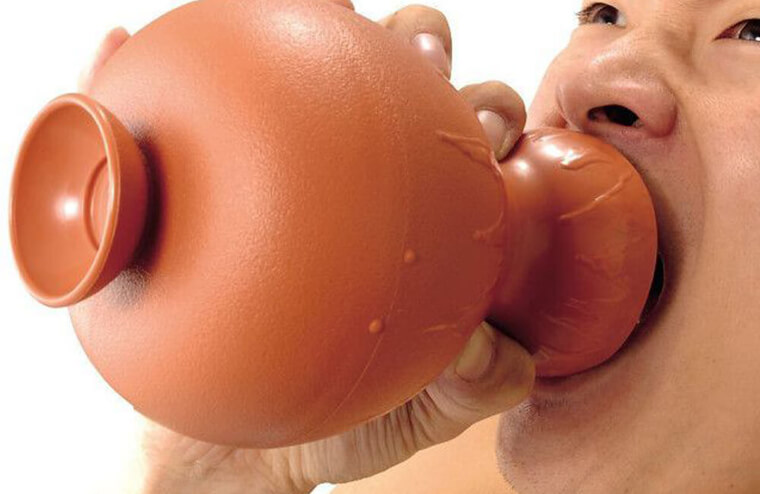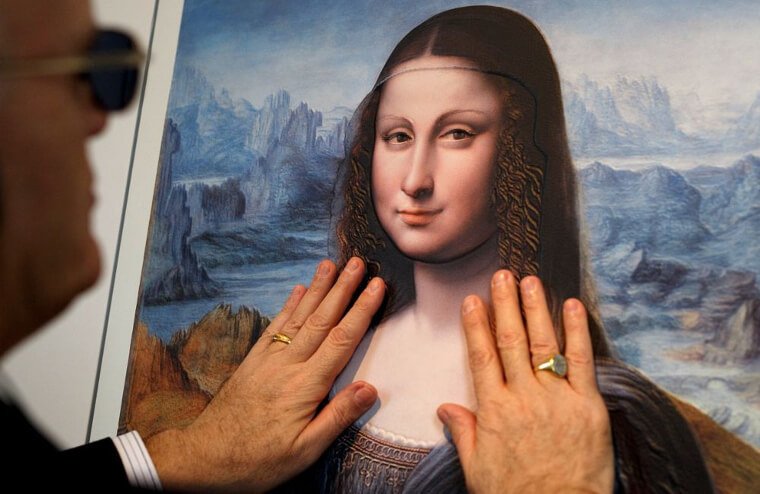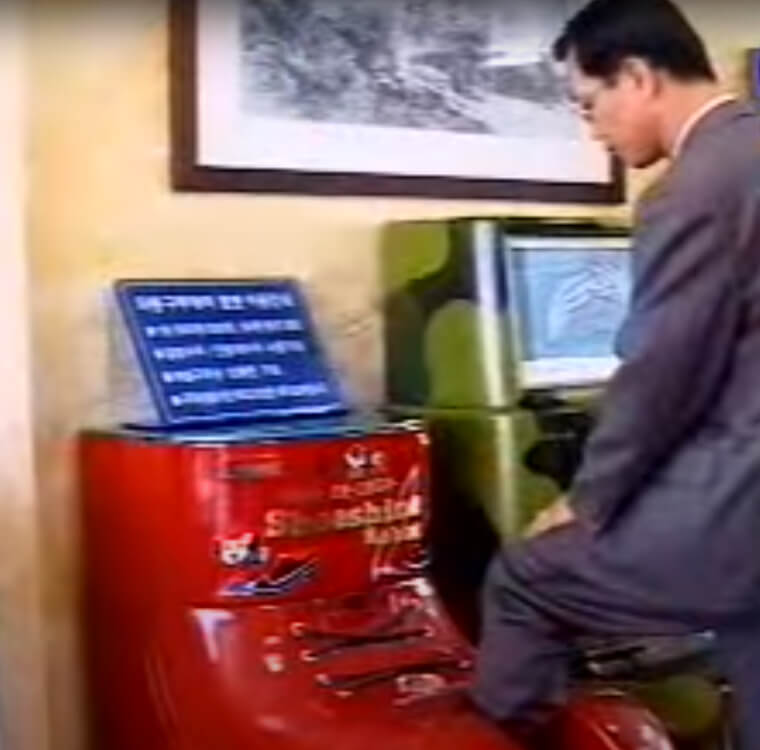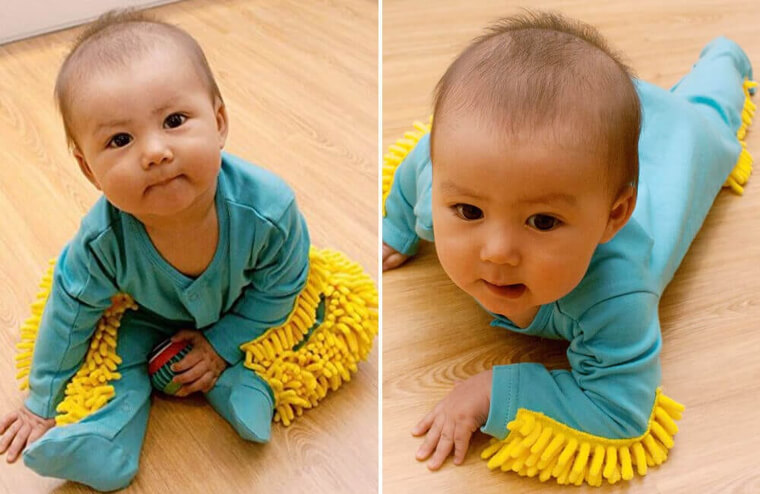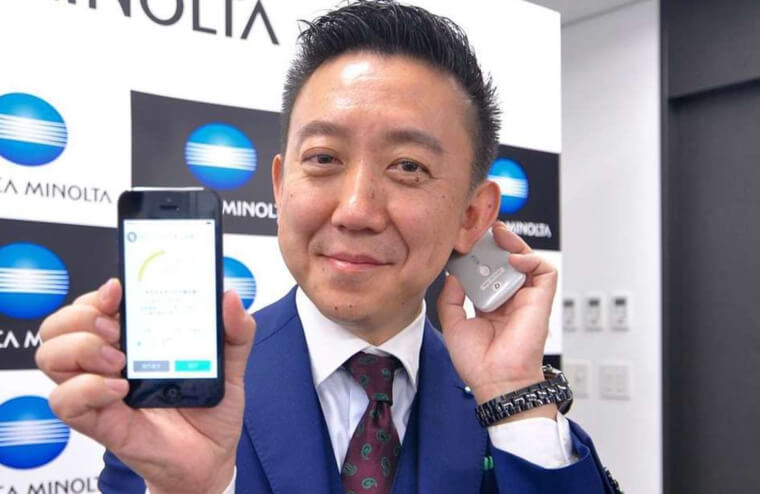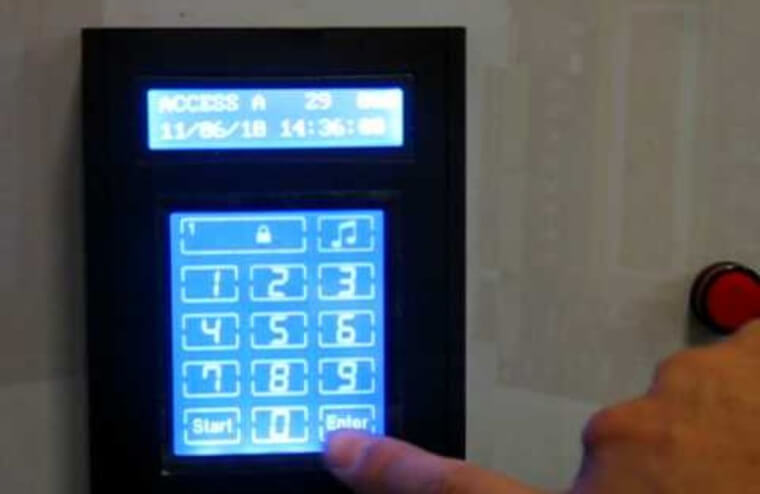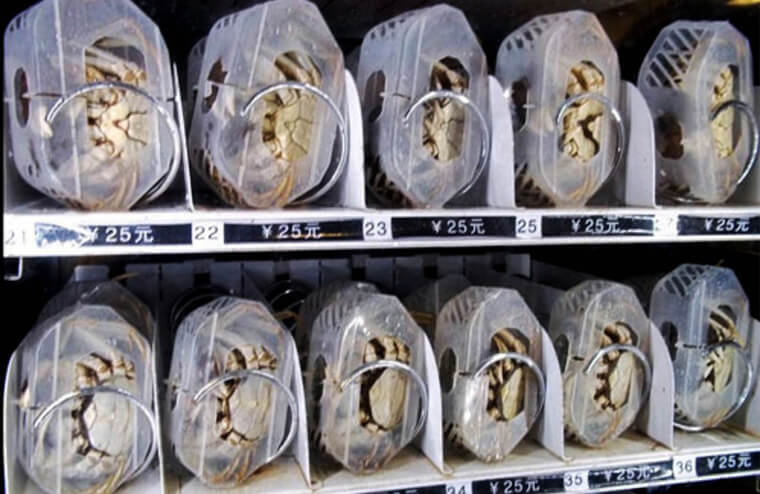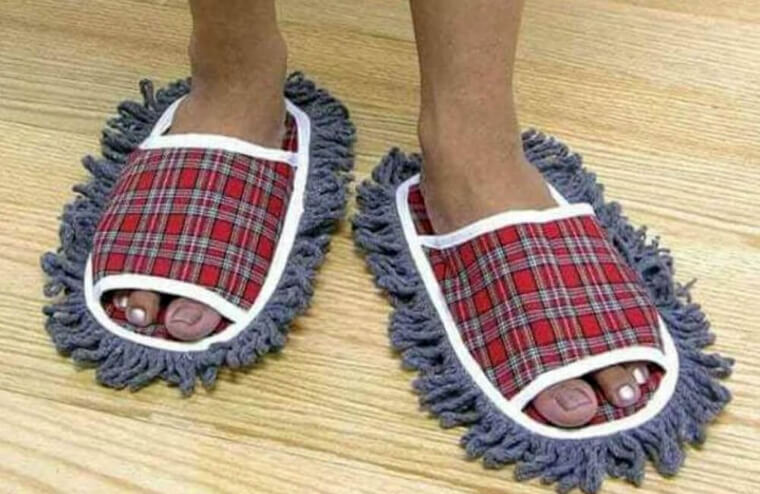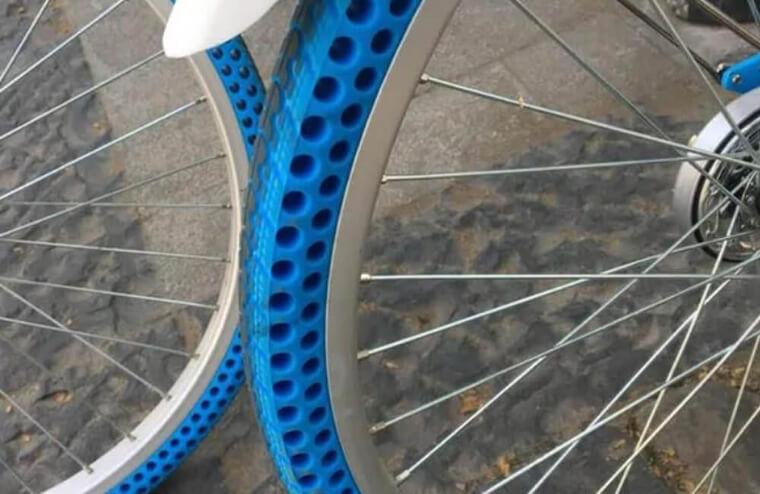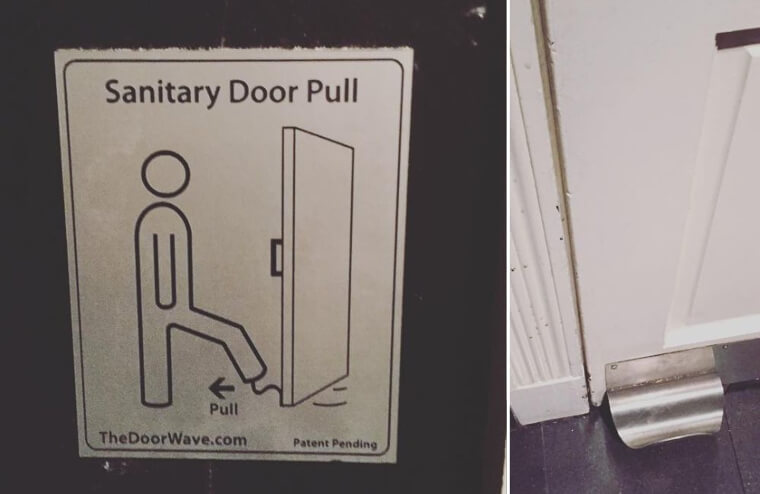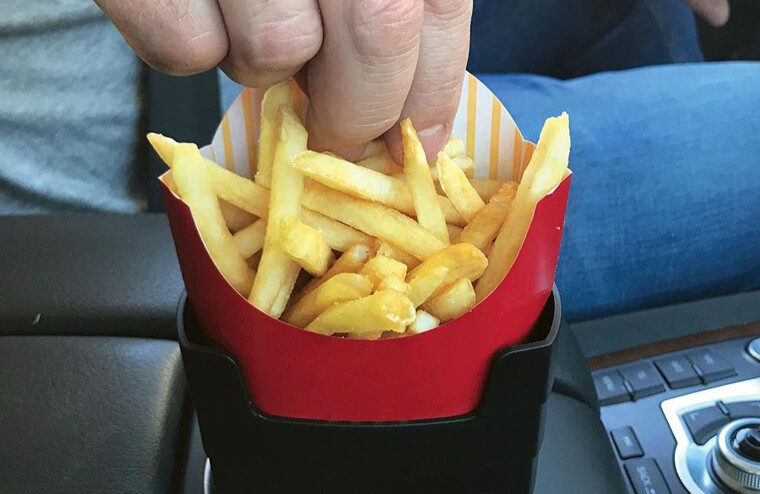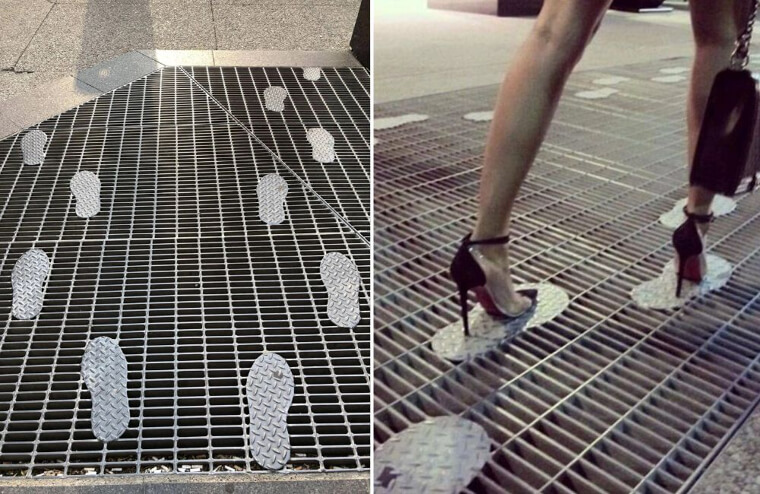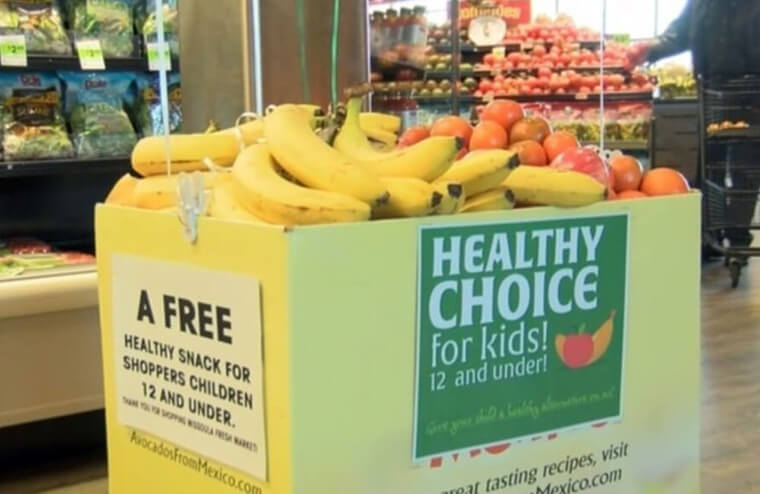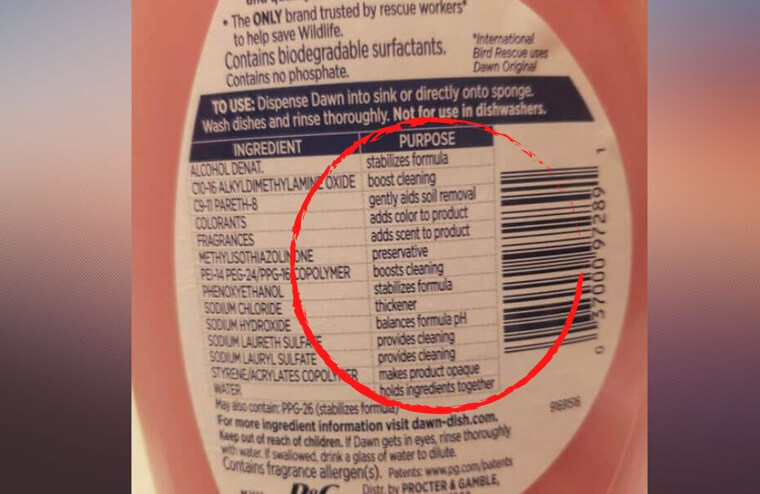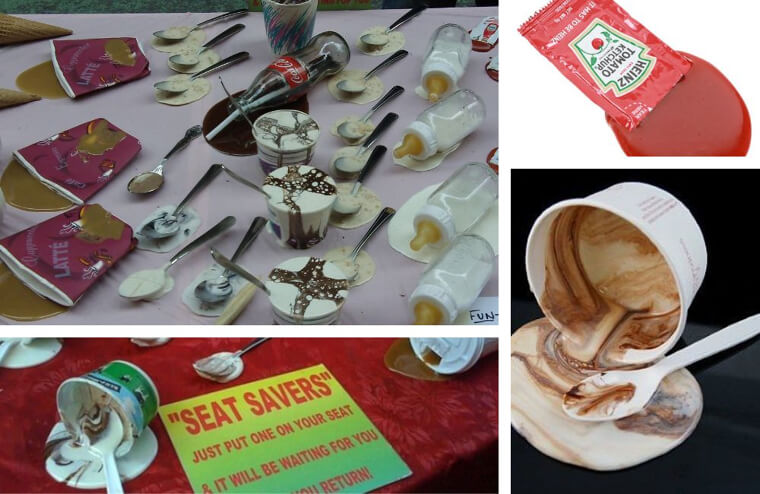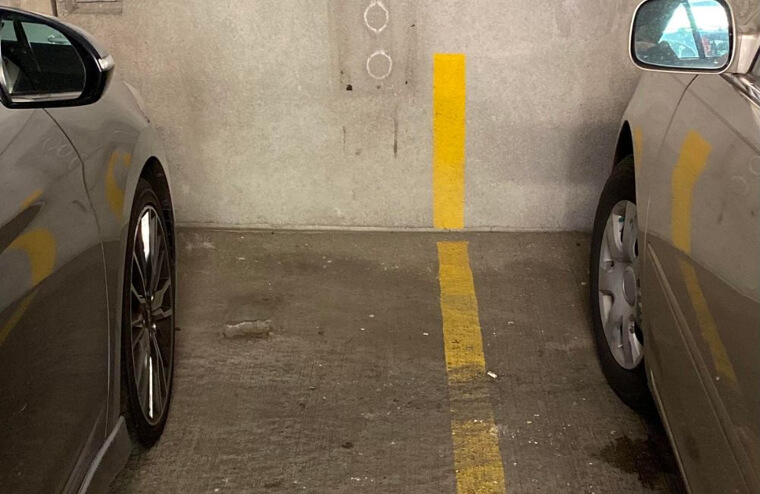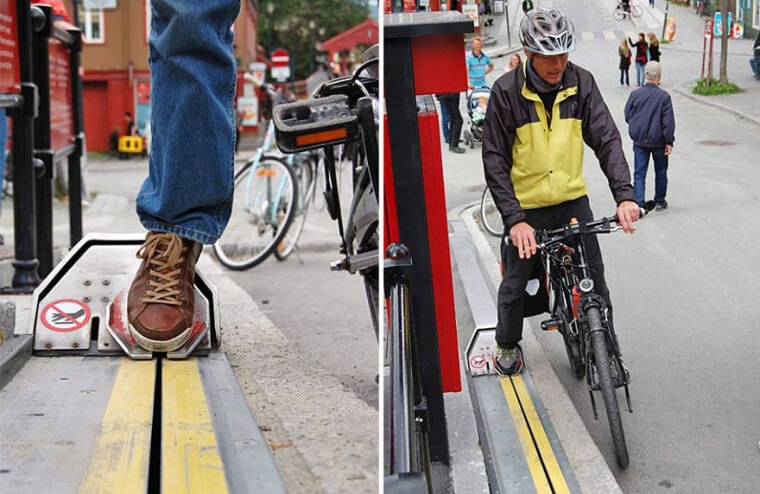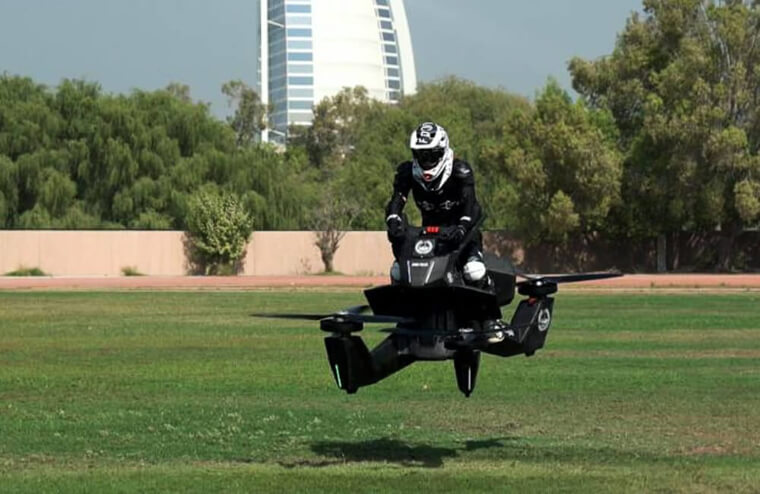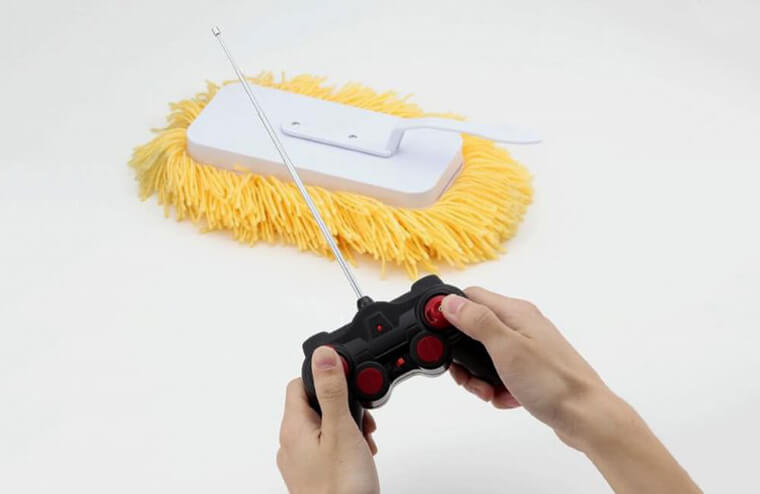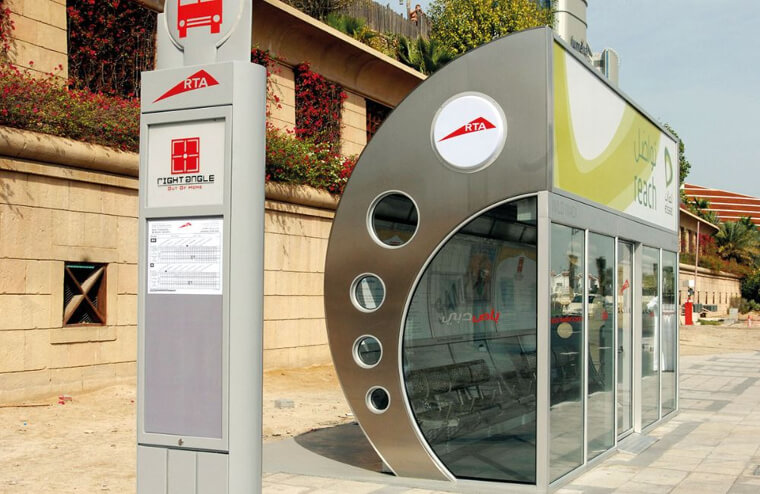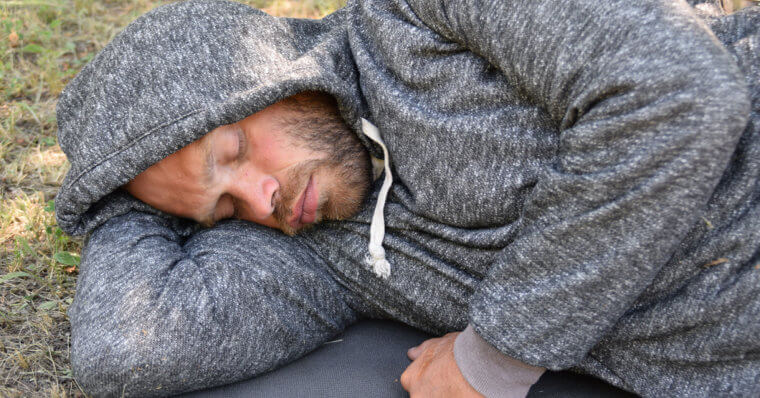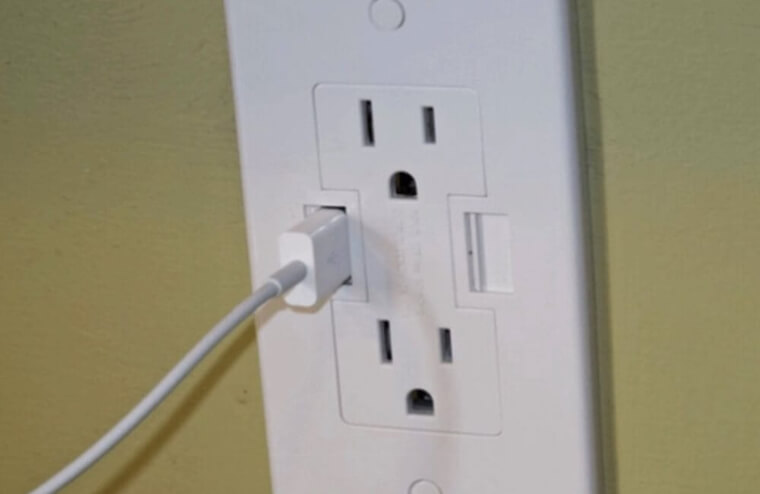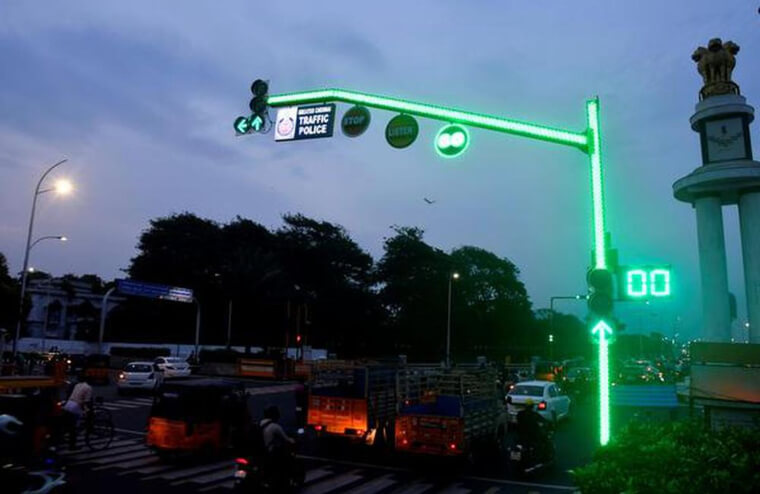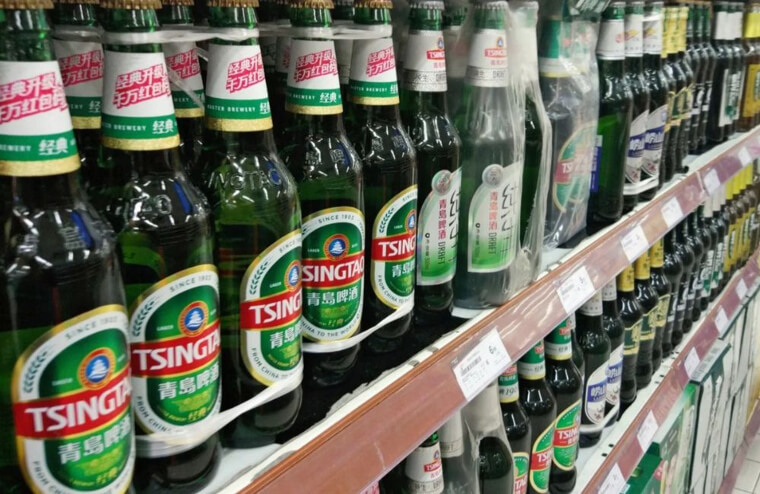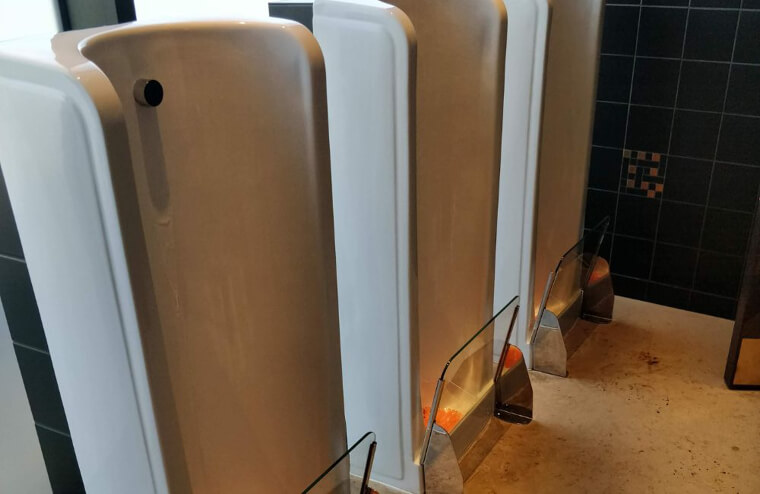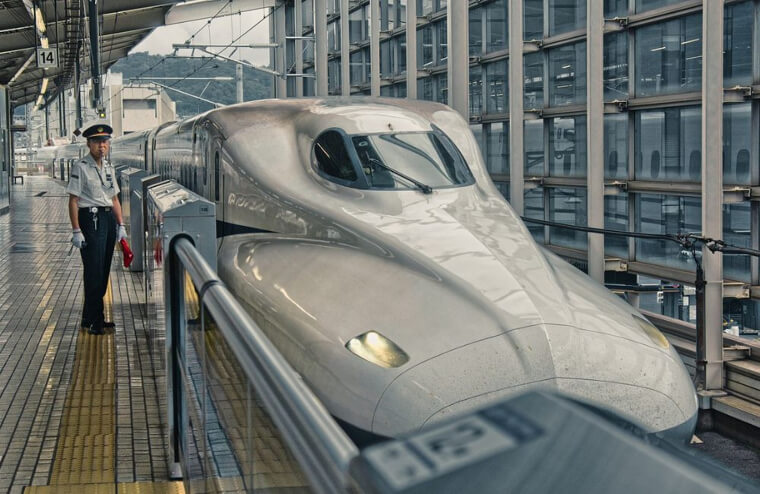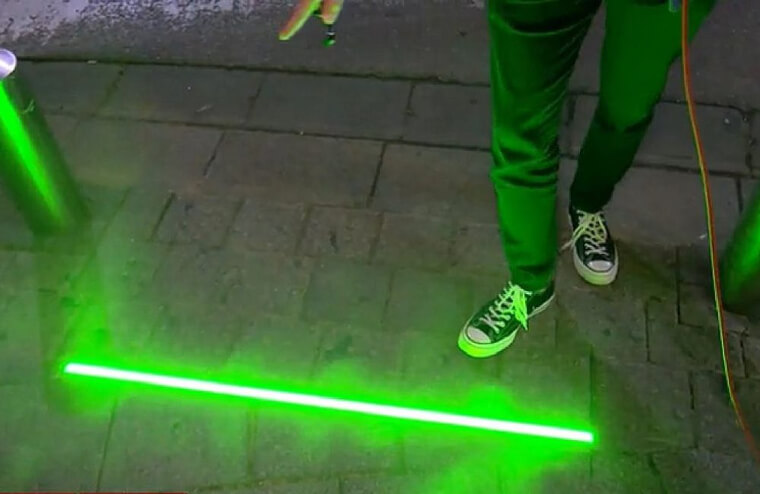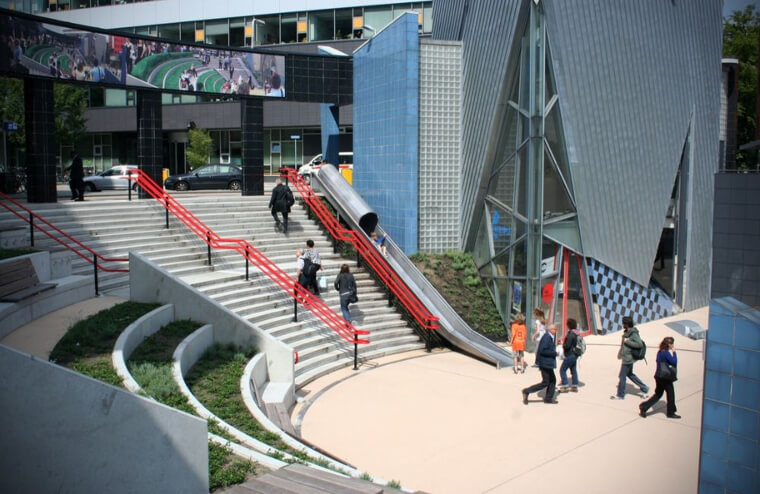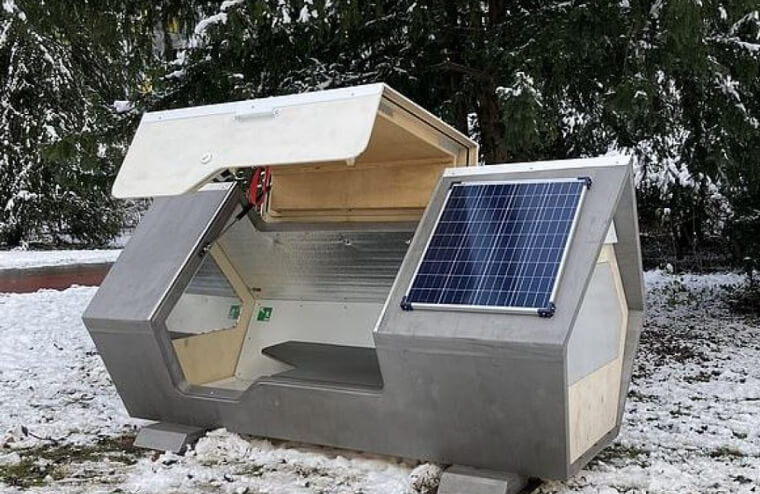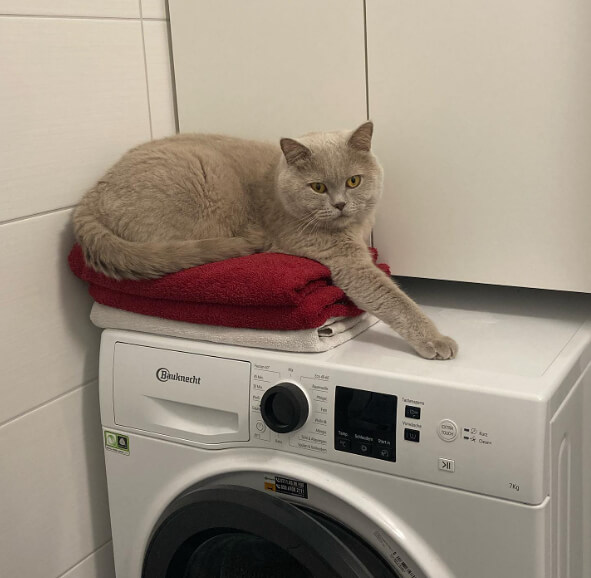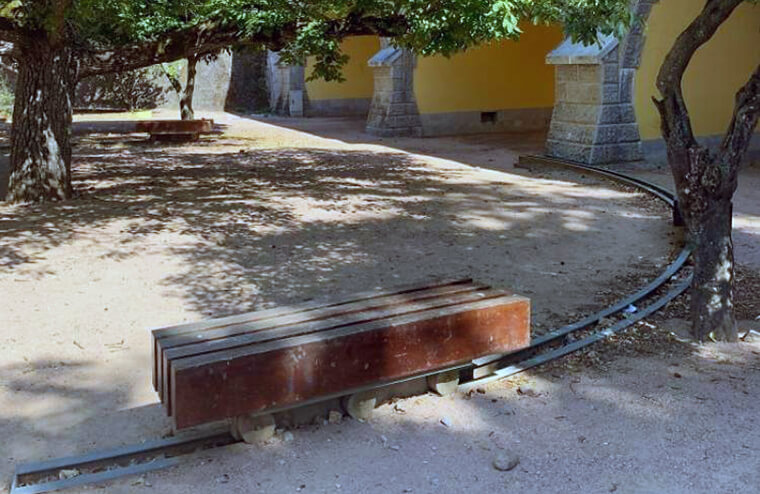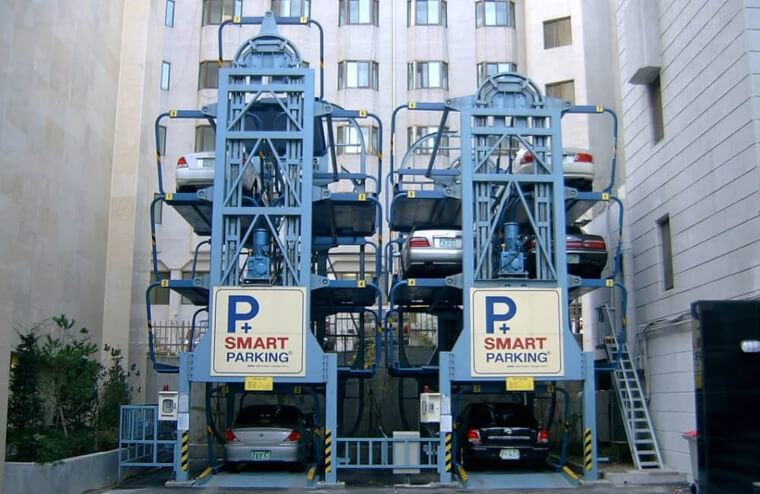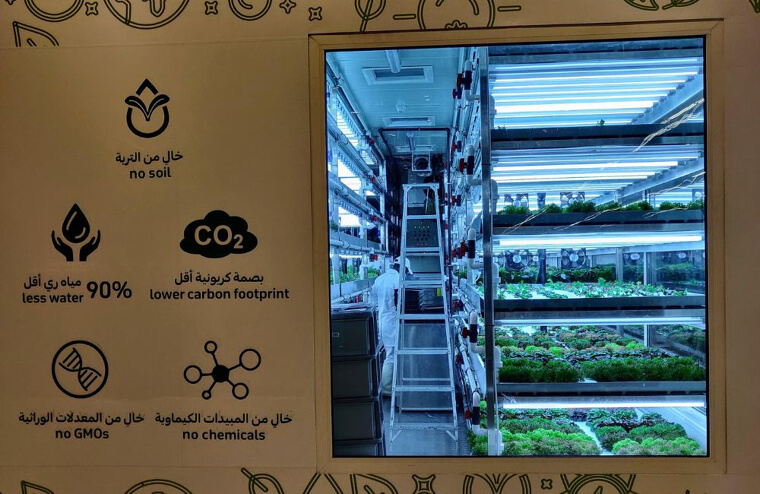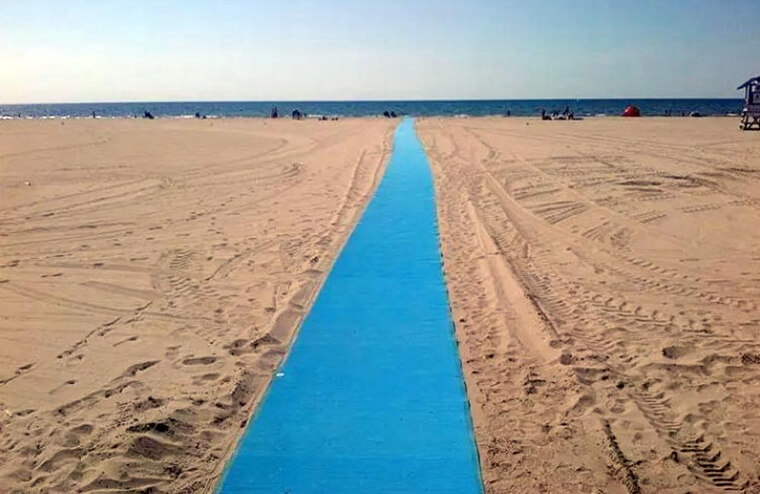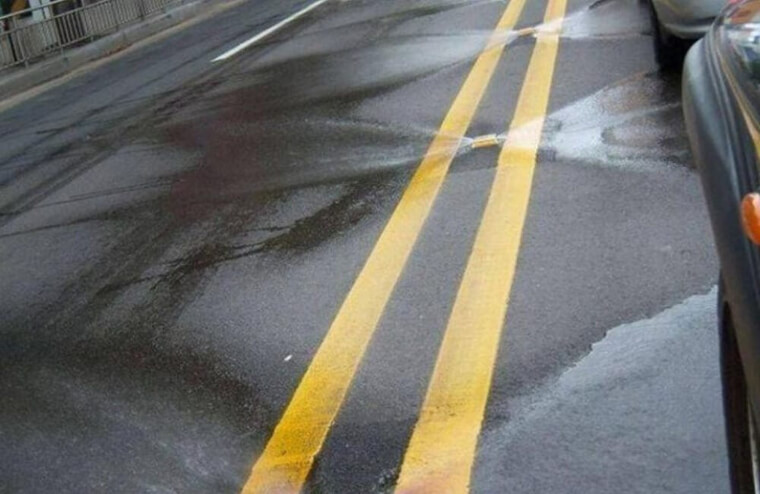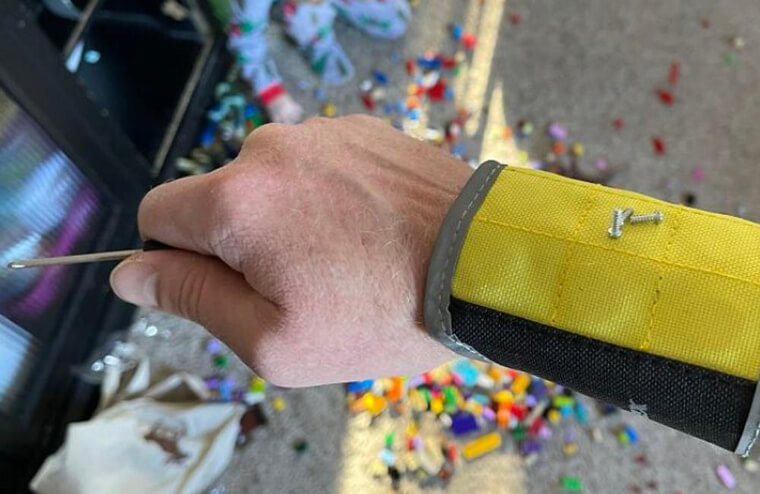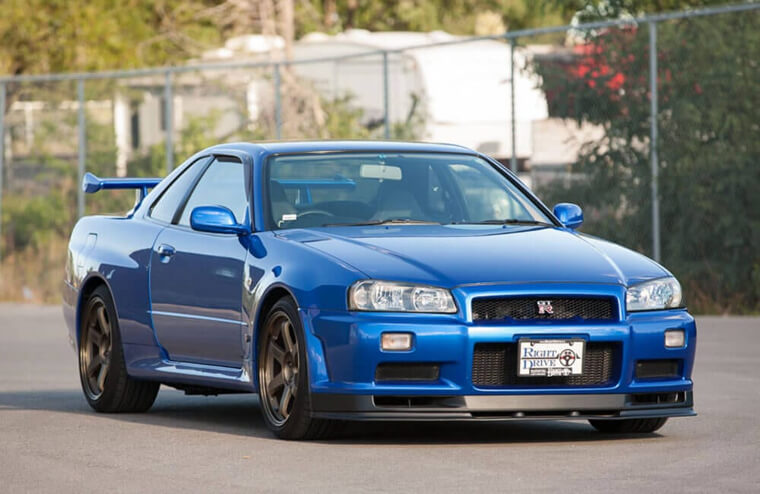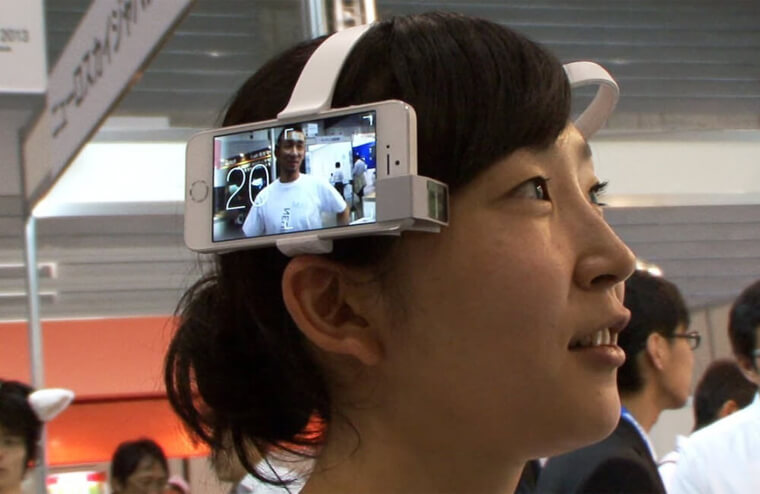Japan's Scream Jar
You've probably seen a stress ball before. Well, this is kind of like that, only you scream into it when you get frustrated. While we've personally never tried it ourselves, the jar is supposed to muffle even the loudest of screams. That means you could probably take this thing into the room next to your boss's the next time you get fed up at work. The lip is also supposed to be able to fit different-shaped mouths.
Luckily, the jar looks like it's small enough to be easily shipped in case you're in the market for a stress-relieving device of some kind. We imagine it works better than a stress ball, too.
Prado Museum's Art For The Visually Impaired
Madrid's Prado Museum introduced replicas of famous paintings for museumgoers that are like the originals in every way except one. These paintings can actually be touched and felt by people who are visually impaired, allowing them to experience these famous paintings for the first time. A man named Estudios Durero invented the concept, now called Didu. The first set of paintings originally debuted back in 2015 and included six recreated masterpieces.
Before the exhibit, the museum relied on guided tours that focused on verbal descriptions. Some museums out there also sometimes offer touch tours which allow those who are visually impaired to touch pieces under supervision.
South Korea's Shoeshine Robot
South Korea is known for being pretty advanced when it comes to automating services within its cities. However, that didn't stop tourists from finding this shoeshine robot, located in Seoul, fascinating. Some visitors took a photo of it, and it went viral. Apparently, it only costs around $1 to use, but you have to be okay with sticking your foot into something that looks like it could easily take it off.
Luckily, for people who shine shoes, the consensus online has been that it "roughly" shines shoes, so we doubt it'll be taking any jobs anytime soon. But it's still a pretty cool concept.
Japan's Onesie Mop
Let's face it; your toddler is going to crawl around on the floor no matter what you do. You might as well kill two birds with one stone and put them in this onesie mop so that they sweep up dust while they're down there. Unfortunately, for opportunistic parents everywhere, this little outfit is only sold in Japan. Of course, you'd probably have to wash this thing pretty often so that it stays somewhat clean.
But honestly, we're kind of surprised that this thing isn't more popular in other places besides Japan. Maybe it's just an image issue, but babies are already going to get dirty crawling around on the floor, so you might as well put them to work.
A Body Odor Checker
We're sure that if most of us are being completely honest, we could've used this device at least once while we were out. It's a body odor checker that connects to your phone. Its official name is the Konica Minolta Kunkun Body Odor Checker, which doesn't really roll off the tongue. But it will quickly and seamlessly be able to detect whether or not you have body odor and how bad it is.
However, there is one pretty big drawback that we could see limiting the device's potential. It costs $450, which is an awful lot of money to spend on something you could probably just use your nose for.
A Randomized Keypad
This product seems like one of those inventions that should've been introduced a long time ago. It's a randomized numerical keypad. It just makes it more difficult for people to steal your pin or access code. The numbers are placed in different spots every time you turn it on, making it hard for anyone to guess what you're typing in. However, it might also require people to slow down a bit.
Normally, when most people input a pin or code, they're doing it almost through pure muscle memory. So, in that regard, it might take a bit of patience and a little extra time to use.
Vending Machines That Sell Live Crabs
This is a device that we can't see coming to the U.S. anytime soon simply because animal rights activists would never allow it. But, in the city of Nanjing in China, you can buy live crabs from a vending machine when you get off the subway. These vending machines reportedly sell around 200 live crabs a day to hungry commuters that are on their way home to cook dinner after a long day at work.
The containers the crabs are placed in are actually icy cold, which keeps the crabs in a sort of semi-hibernation, not that they would be able to escape and crawl around the machine anyway.
Mop Slippers
So simple, yet so obvious. Why we've never seen slippers that also act as mops before is beyond us, these make a lot of sense. You wear slippers inside your home, so why not attach a mop to them and dust while you're walking around the house? The best part about this product is that you're basically cutting down the amount of times you need to clean your floors just by wearing your slippers.
Sure, you're going to have to wash these quite a bit, we imagine, and they also don't look that fashionable, but the utility is totally worth the trade-off.
China's Airless Bike Tires
We've heard of airless tires before seeing this photo, but those were for cars. These airless tires are for bikes, and you can only find them overseas. China uses them on a lot of their bikes, and they're basically made out of really tough foam. The foam tires have a bunch of air pockets in them, making the tires pretty shock-absorbent while also eliminating the possibility of having a flat tire.
As stated above, a lot of tire manufacturers are testing similar technologies for use on vehicles, so it's possible something like this could become a reality in the U.S. sooner rather than later.
Europe's No-Touch Bathroom Door Opener
If you've ever second-guessed whether or not you should touch the door knob on a bathroom stall or door, then this invention is for you. It's a non-touch bathroom door opener, and it can be found in Europe. You simply use your foot to hit a pedal on the floor, and the bathroom door should pop open, eliminating the need for you to touch a potentially dirty door knob.
We're not sure what the rate of reducing illness actually is if any, but we're sure it relieves some people's anxieties, especially if they're not too keen on germs of any type.
Italy's Fast Food Holders
Fast food and driving are both pretty stereotypical American things, so you would think that someone in the U.S. would've invented this by now. However, you'd be wrong. This cup holder for your fast food items actually comes from Italy, which is pretty ironic if you ask us. Anyway, it allows you to safely secure and snack on your fast food while you're out driving. It can also now be ordered on Amazon.
However, we would still advise people out there to try and solely focus on driving and not try to multitask. Still, this seems like a pretty cool idea we're sure is going to catch on in the U.S.
Portugal's Steps For High Heels
Not as many people where high heels today as once was the case, but that doesn't stop this little contraption from being any less cool. It's basically just a set of steps placed over a grate in the ground for people with high heels to walk over. It's genius and simple, and it also looks like it might require a bit of bravery because one wrong step could leave you toppling over.
Still, if you are able to hit all of the steps and safely make it across, we're sure there's a sense of accomplishment waiting for you at the other end.
Free Snacks For Kids In Mexico
This is pretty smart. If you're a parent, then you probably already know how much of a hassle it can be to drag a child to a grocery store. They're always asking for things to snack on and to drink while you're walking down the aisles. However, in Mexico, snacks are free for kids in some supermarkets. Not only that, but the snacks are also healthy and consist of fresh fruits
This honestly makes us wonder why supermarkets in the U.S. don't do the same. It would help encourage healthy habits while also cutting down on tantrums in the middle of stores.
A Detailed List Of Ingredients
In a lot of countries, a detailed list of ingredients on products is pretty common to find, and it's often mandated by law. The U.S. has gotten better about this over the years, but companies still aren't required to list out ingredients and their uses like they are in Europe and Canada. The photo here shows just how detailed some companies can get when listing and explaining the ingredients in their products.
We honestly feel like if more companies in the U.S. did the same, there would be a lot less confusion surrounding some of the ominous-sounding ingredients listed on products.
Messy Seat Savers
This one can be found in some countries in Asia. They're seat savers that are shaped like everything from spilled condiments to ice cream cups that have been tumped over. If you've ever been in a position where you had to save a seat and had a bunch of people come up to you asking if they could have a seat next to you, then you probably wish you had one of these.
Personally, the ice cream cup is our favorite just because it looks a bit more real than the others, but honestly, all of these would probably work just the same.
Parking Spot Wall Lines
Okay, so this one isn't really a product or service, but it seems like it would be just as useful as anything else on this list. It's basically just a little bit more paint added to parking lines, so they extend up a wall. This allows drivers to see where they are inside their parking spot easily and to adjust if they need to, without having to leave their car.
Of course, this only helps if you're inside a building, such as a parking garage, but like a lot of other inventions on this list, it makes so much sense we wonder why it's not done in the U.S.
Bicycle Escalators
Bicycle escalators are basically exactly what they sound like. They're little footpads placed next to roads that run up hills for people who are biking. Cyclists can just place their foot on the pad and let the escalator propel them up steep hills. So far, this can only be found in Trondheim, Norway, but we suspect that a couple of more places might implement similar devices in the not-so-distant future.
However, the device isn't cheap, and it costs a hefty $2,000 to $3,000 to install. That said, it's reportedly helped around 200,000 people in the city where it was installed.
Dubai's Hover Bikes For Police
Okay, so we're not too concerned with the police part of this photo. In fact, we just put it here because we love hoverbikes and think they're pretty awesome. The American people have been promised hoverbikes for decades, but they've failed to materialize. However, Dubai has found a way to incorporate them into its police force, which uses them in its Hoversurf program that was started back in 2017.
That said, there have been issues. Each hoverbike reportedly costs around $150,000, and there have been delays with the program. We're hoping they can find a way to implement it, though, and eventually bring it to the U.S.
Japan's Remote Control Mop
The Japanese have the coolest inventions, and here's another one. It's a remote-controlled mop. Sure, it might not make cleaning your floors any quicker than mopping by hand, but it'll definitely make the experience more enjoyable. The mop is made by a company called Kyosho, which says that its best used for cleaning small spills. The price tag is also a bit steep at around $87, at least on Amazon.
Still, you could pretty much use this thing any time you wanted, and you wouldn't necessarily even have to wait until there was a spill to drive it around and have some fun.
Dubai's Air-Conditioned Bus Stops
This one might seem like a no-brainer, but that's because it is. These air-conditioned bus stops can be found in Dubai, but honestly, anywhere with a pretty hot climate should be using these. So far, around 636 of the 2,700 bus stops have been air-conditioned. There are also plans in other Emirate cities to follow suit. Getting stuck out in the sweltering Dubai heat is not only uncomfortable, but it can also be lethal.
Miami, Florida, launched a similar project in 2019, though, so maybe there is some hope you'll see these in your city one day if you live in the U.S.
European Siestas
While Spain might be the most famous for taking siestas, other European countries have similar practices, such as Greece. Siestas are basically mid-day naps that people take during the hottest parts of the year. The practice is slowly dying, but we really wish it weren't because there's nothing better than a mid-day nap, especially when the heat is unbearable. Some studies have also shown that it can be good for you.
According to The Irish Times, some studies have even found that taking a siesta can reduce your risk of heart disease by around 34%. So, this is one tradition we could get behind coming to the states.
Sockets With USB Ports
At this point, it's really kind of perplexing that you don't see this implemented in more places. These wall sockets have USB ports in them so that you just plug straight into the wall and charge without needing a square or any kind of adapter. These are slowly starting to trickle over into the U.S. but not at the pace you would expect or hope for since this seems like a no-brainer.
It would effectively eliminate the need to buy an expensive charging square from companies like Apple or Samsung, which honestly might be part of the reason they haven't been fully adopted yet.
Traffic Posts That Light Up
Okay, so this one might not be fully practical, and it might actually slightly blind drivers who are driving at night, but it looks really cool. These LED traffic lights can be found in some countries, such as India and Ukraine. The idea behind them is to give drivers a better indication of the color of the traffic light. So, if the light is red, then drivers that are behind other cars can see and prepare to brake.
We could see why that might be useful, but unfortunately, we don't see this one coming to the U.S. anytime soon. There would just be too much in the way of regulations and laws that would have to be changed.
Extremely Cheap Beer
China might not be the first country that comes to mind when you think of cheap beer or beer at all. However, the country is actually home to some of the cheapest beer anywhere, with some beers only costing customers pennies. Some domestic beers will run you about six cents a bottle, while some imports are priced at around 12 cents. That's extremely cheep, no matter where you live.
According to some outlets, the price of beer is so much lower in China because brewing equipment is also cheap. On average, brewing equipment costs around 30 to 60% less in China.
Urinals With Splash Guards
These simple but effective splash guards can be found on urinals around Europe. They're just there so that your shoes, or legs if you're wearing shorts, don't get splashed while at the urinal. That said, we have seen some people point out that these splash guards actually have to be cleaned by a person, which is the trade-off you would have to make. Still, it's a pretty clever little invention.
And we're sure that if someone really put their minds to it they could figure out a way to device a urinal with self-cleaning splash guards that doesn't require maintenance.
Bullet Trains In The Rest Of The World
The U.S. used to be known for having one of the best rail systems in the world. And then they just fell behind somewhere as vehicles took over. That's not the case in a lot of other places, though, such as Japan, China, and Europe, where passenger rail is a cheap, clean, and effective way to travel. There are many rail systems that can take passengers to their destination for less than they would pay for gas if they were to drive.
China has a train that can travel around 268 mph, as well as miles and miles of connecting lines that sprawl the entire length of the country and offer passengers a cheap alternative to driving.
LED Strips For People On Their Phones
Tel Aviv, Israel, apparently had a bit of a problem with people on their phones walking into traffic. So, to combat the phenomenon, they began installing LED lights on the bottom of sidewalks. The lights switch colors depending on if it's safe to walk across the road or not. The lights will also start flashing if the road is about to open back up to vehicles, just like a normal pedestrian light would.
The lights were only installed in 2019, and we couldn't find any hard numbers as to how much, if any, accidents have declined, but we're sure that they have at least helped one person avoid being hit.
Public Slides In Asia And The Netherlands
This is a pretty cool idea that has been implemented in some countries throughout Asia, as well as in the Netherlands. It's basically a slide that's placed in public next to a set of stairs. We're sure it was originally meant for kids, but honestly, we couldn't think of a better way to spice up your morning or evening walk to or from work than taking the slide instead of the stairs.
We're sure it's a big hit with the kids, too, though. It basically turns an otherwise boring public space into a park. This is another idea that needs to come to the U.S.
Protective Homeless Pods
Pretty much every city and town has a homeless population. The homeless are extremely vulnerable during the winter time, as well, and while some cities offer things like shelters which aren't always very pleasant places to be, Ulm, Germany, has come up with a different solution. The city has a bunch of protective pods scattered around that people can use to get a good night's sleep and keep warm during winter.
They've been dubbed "Ulmer Nests," and as you can see from the photo, they actually look pretty comfortable and much nicer to stay in than a homeless shelter.
A Waterless Washer
This one is a bit weird, but we're going to try and explain how it works the best we can. Basically, the Japanese company Sanyo has a washer that doesn't use water to clean clothes. Instead, the washer uses ozone. The washer kills bacteria and gets rid of the odor on your clothes by using oxidization. The ozone is also supposed to be able to break down and get rid of dirt.
The washer costs around $2,155, and a cycle only takes around 30 minutes to complete. We guess there's no need for drying afterward either since no water is involved.
Russia's Movable Benches
If you've ever been in a park and sat down on a bench, only to wish that you weren't sitting directly in the sun, then you're not alone. Russia seems to have solved that problem with its movable benches, which can be shuffled around on a little rail system. You can easily move the bench in or out of the shade, depending on whatever you prefer. The rail actually looks kind of cool, too.
There's also a bench system in the city of Volgodonsk, Russia, that looks just like this one, but parkgoers can fold the bench up after they're done using it to save room.
Japan's Automated Parking System
If you've ever seen the movie, The Fast and The Furious: Tokyo Drift, then you've seen this multi-level parking system from Japanese company Sanoyas Hishini Meisho. There are a couple of other companies that produce similar systems, but they all basically stack cars vertically, kind of like a rotisserie but for parking. A conveyor drops the parking spots down whenever you're ready to pick your car up or drop it off.
However, as cool as this thing looks, it might not be heading to the U.S. anytime soon, as The Japan Times has written a couple of pieces questioning the machine's safety.
The Middle East's Self-Sufficient Supermarkets
These supermarkets in the Middle East bring a whole new meaning to the term home-grown produce. These stores actually grow their own produce on-site and just sell it at their hypermarkets. Not only does this sound like an environmentally better solution that cuts out supply chain emissions, but it would also help customers know exactly where their food came from. These little gardens use no soil, and some say they use up to 90% less water than normal greenhouses.
The only concern we would have is that the farmers were getting completely cut out of the process, but we're sure there could be a way to involve them in the growing.
Beach Mats
Why this is not a thing everywhere in the world is a little confusing. If you've ever walked out onto a beach during a really hot day, then you probably know just how scolding the sand can get. Sometimes, it's nearly impossible to even make it to the water without shoes on. This mat is located on Victoria Beach in Canada. Not only does it allow you to avoid hot sand, but it could also probably be used by those in wheelchairs.
Sure, you could build a normal wooden boardwalk out to the water, but that can be expensive, and sometimes the wood gets just as hot as the sand. Not to mention maintenance.
South Korea's Road Cleaners
This is a pretty cool invention that can be found in South Korea, but only if you know where to look. Some of the country's roads have sprayers installed into the road reflectors. The reflectors spray water onto the roads to clean them and rid them of dirt and debris. They're also used during the winter months to help keep the roads free of ice, which might just be more of a reason to install them than simply cleaning streets.
This seems like a potentially life-saving idea that could be easily implemented in the U.S. if just more people knew something like this existed, especially in states that get a lot of snow.
Magnetic Bracelets
No, these magnetic bracelets won't grant you some kind of superpower. Instead, they can be used for things like keeping track of hardware while you're working. If you've ever worked in construction, then you likely know how frustrating it can be to juggle things like nails and drills. Well, here's the solution. All you need to do is stick the nail to the bracelet, and you can easily grab it when needed.
We imagine that whoever invented this thing is probably making a lot of money wherever this is sold. However, they could be making a lot more money if this was sold in the U.S.
Australia's Pokémon Burgers
We're actually kind of surprised this one isn't a product of Japan, considering that's where the popular anime comes from. These pokemon burgers can actually only be found in Australia at a chain called Down ‘N Out, which, yes, is a play on In ‘N Out. These burgers will set you back $15, but they're limited to one per person. The restaurant went a bit viral after initially releasing these.
We'd probably feel pretty bad if we ate one of these, though, as they look like edible pieces of art. And if you were wondering, the Bulbasaur burger is probably the healthiest with more greens.
Check-Outs Without Candy
These candy-free check-outs in Denmark have probably saved a parent or two from having to deal with a temper tantrum. It can be difficult to shop with a small child, but especially when it comes time to head to the register and pay for products. We're sure you've seen a parent get to the check-out and pick up some candy when their child asks for a treat. That might be why this supermarket incorporates these into its store.
It's probably also helped a couple of adults avoid the temptation of picking up some sweets before they leave the store. We know we could use something like this in the U.S.
Asia-Pacific's 1999 Nissan Skyline
If you're a car enthusiast or just know a little bit about the automotive world, then you're probably very familiar with this car. It's the Nissan Skyline GT-R, and it was one the best cars, if not the best sports car, ever produced by Nissan. However, it was never actually sold in the U.S. Instead, it was unfortunately only ever sold in Japan, New Zealand, Australia, and Hong Kong.
The car only had a limited run, and it was so iconic that they are extremely hard to find today, no matter where you live. They're also much more expensive now than when they were first released.
Japan's Neurocam
This wearable headset is from a company called Neurowear. It's supposed to be able to tell when you're excited about something. When it detects interest, presumably from your brain, it turns on your phone's video camera. Of course, you'd have to be a little careful where you wear this thing, but it'd make for a pretty cool little toy to break out at a part or something like that.
The most surprising thing about this device might just be the price. It only costs around $22, which is much cheaper than some of the other items on this list.
